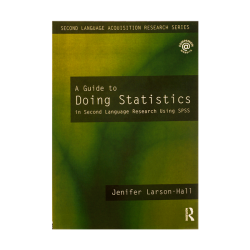Chapter 4: Languages in Contact: Multilingual Societies and Multilingual Discourse
Chapter 4: Languages in Contact: Multilingual Societies and Multilingual Discourse
Book Name: An Introduction to Sociolinguistics
Writer: Ronald Wardhaugh-Fuller
Saeed Mojarradi Ph.D. Candidate Friday, May 25, 2018
This chapter will address what happens when languages, or more accurately the speakers of multiple languages, come into contact.
Multilingualism is common in societies across the world, despite the perception by many monolinguals that speaking only one language is the norm for discussion of what she calls ‘the ideology of normative monolinguals’.
In many cases, groups of people who speak different languages live near each other; sometimes there are political boundaries that divide them and sometimes they identify as being part of the same nation or state, but in all such cases they have contact and must communicate.
There is likely to be one language which has social domain – in this situation language shift may occur, that is, speakers shift to “a1S1 the dominant language. In situations of immigration, commonly within speak, generations, members of the minority group shift to the dominant language.
Giles et al. (1977) proposed a framework to assess a language’s ethnolinguistic vitality, that is, how likely it is to be maintained. They say that we must consider three things about any threatened language: (1) its status: economic, social, and historical; (2) its territorial distribute- and concentration together with its population demographics,
For example, absolute numbers, birth rates, marriage patterns, and migrations in and out; and (3) its institutional support or lack thereof, both formally, as in the media, education, and government services, and less formally, as in the workplace and in religious, social, and cultural activities. In the rest of this chapter, we will discuss language use in situations in which there is maintenance, that is, in multilingual communities. We will use the term multilingual to refer generally to situations in which there are speakers of more than one language.



Dr.Alireza Khalaj Endoscopic Surgery Fellowship (Laparoscopy)
Read more